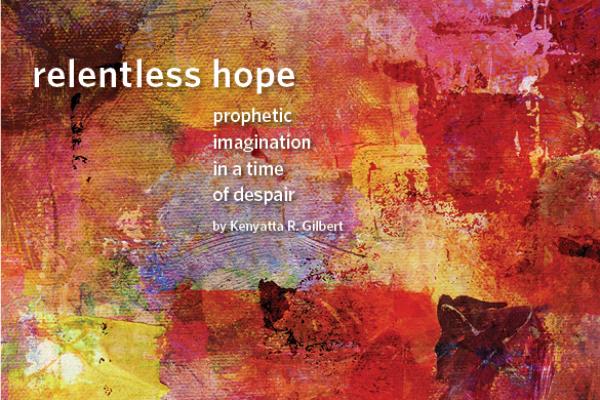IN WALTER BRUEGGEMANN'S first article for Sojourners, published in November 1983, he described the “radical break” we prepare for in Advent as “the Bible’s effort to break our imagination.”
In the decades that followed, Brueggemann’s keen analysis of scripture has called out some of the darkest practices of American empire, including consumerism, gun violence, financial corruption, environmental exploitation, and sexual assault. But while he’s never shied from speaking truth to power, Brueggemann has repeatedly emphasized that the core of the prophetic vocation isn’t merely to rebuke unjust systems, but rather, as he wrote in 1983, “to think a genuinely new thought, to dream of a genuinely new world that will displace the old failed one.”
Read the Full Article

